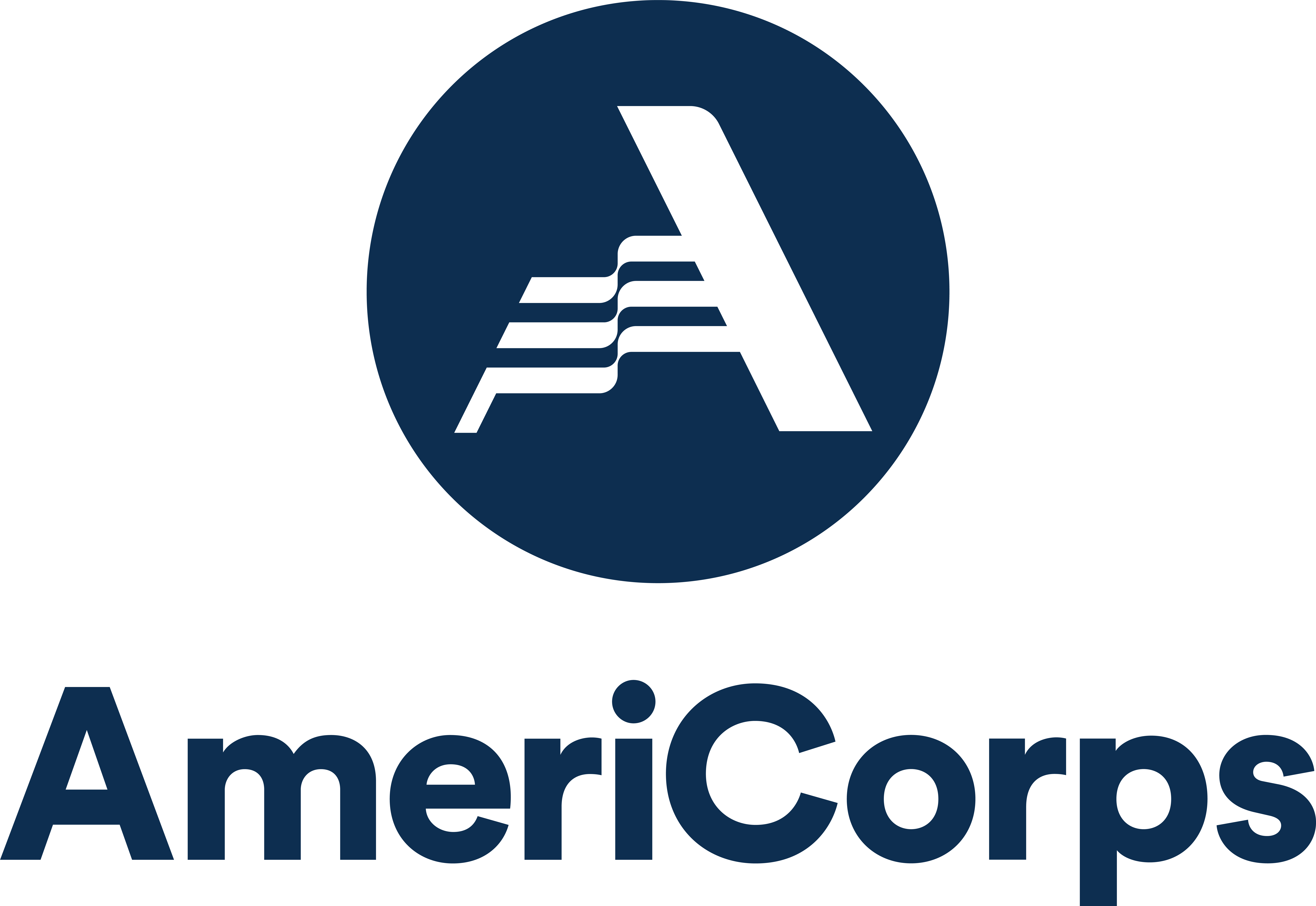The family drove up on a Friday. When they asked if Grateful Bread Food Pantry was open that day, they were initially told, ”No, but please come back on Tuesday when we will be open for distribution.” Then Sherri Barnett, manager of the program, felt compelled to ask whether the family would have enough food to get them through the weekend. “We’ll make do,” they told her. Sherri peered into the car and saw children, a young boy and girl in the back seat, and she told them to wait while she put together an emergency food box. She tucked a special snack in with necessary items, knowing that extras are hard to come by these days. After she delivered the basket, she saw the kids reach excitedly for that snack, and then one of them did something that broke her heart. The little girl immediately offered to share what she had just been given. Sherry remembers that day and marvels at the generosity of a child who had very little being willing to give in return.
It’s participants like this young family that fuel CAP employees and volunteers,through long days as they secure, sort, and prepare items for distribution. The multi-step, multi-day process begins with deliveries from God’s Pantry, local grocery stores, and restaurants. As soon as a delivery truck pulls into the pantry, everyone springs into action. Pallets are unloaded, temperatures of cold foods are taken, and goods are divided into categories before being weighed. The atmosphere is jubilant, and employees and volunteers work together to tackle the many tasks.
Sherri will tell you that nourishing people is about more than giving them food, and the more volunteers she has—especially AmeriCorps members who serve for a full year, the more participants they can serve. Dividing the workload between many people makes it possible for everyone to slow down and build the kinds of relationships that sustain participants during difficult times.
Participants often come in and share their difficulties. “They know that the pantry is a CAP organization, and they trust CAP, so they trust us too,” explains Sherri. “They know that the people at CAP are going to listen. They also know that we aren’t there to judge them. We are there to serve them, to love them. I don’t know how to describe it to you, but sometimes I can see that they became ‘somebody’ again on those days.“ She is comforted to know that when they return home they know that someone cared and took the time to listen to their stories, that they have dignity. The next time that they come in and see a volunteer that they’ve connected with, they have a bounce in their step. Volunteers make an impact.
Years after they’ve completed their service, Sherri will get phone calls from volunteer alumni to check in on participants that they met while serving at the pantry. One alumna, Carolina, calls every two weeks to check on participants. “She still knows them by name,” Sherri reported, “She invested her heart, her soul, and her mind. She really invested.”
When she thinks about people who are considering service, Sherri wants them to know that the people that live in Appalachia are important even if they are financially disadvantaged. “I would like everyone to be able to experience the joy that these participants bring to you as you serve them,” she said. "It’s not just food. It’s the way you deliver the food. It’s the person behind the box of food that means as much to some participants as the food itself.” It is also the fact that these participants minister to us, reminding us of how blessed we are to participate in their lives.
Submitted by mmoreno
on Thu, 09/03/2020







